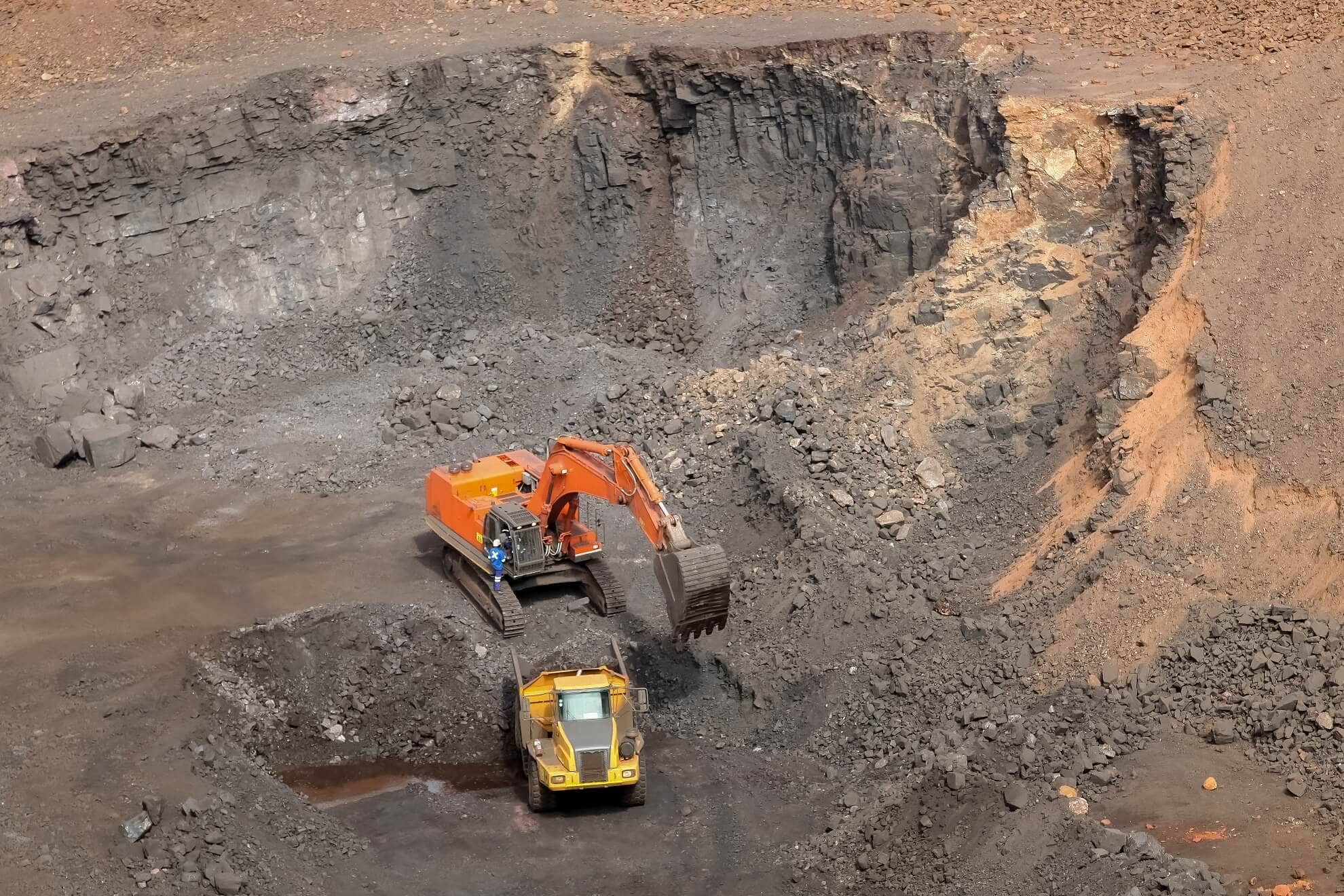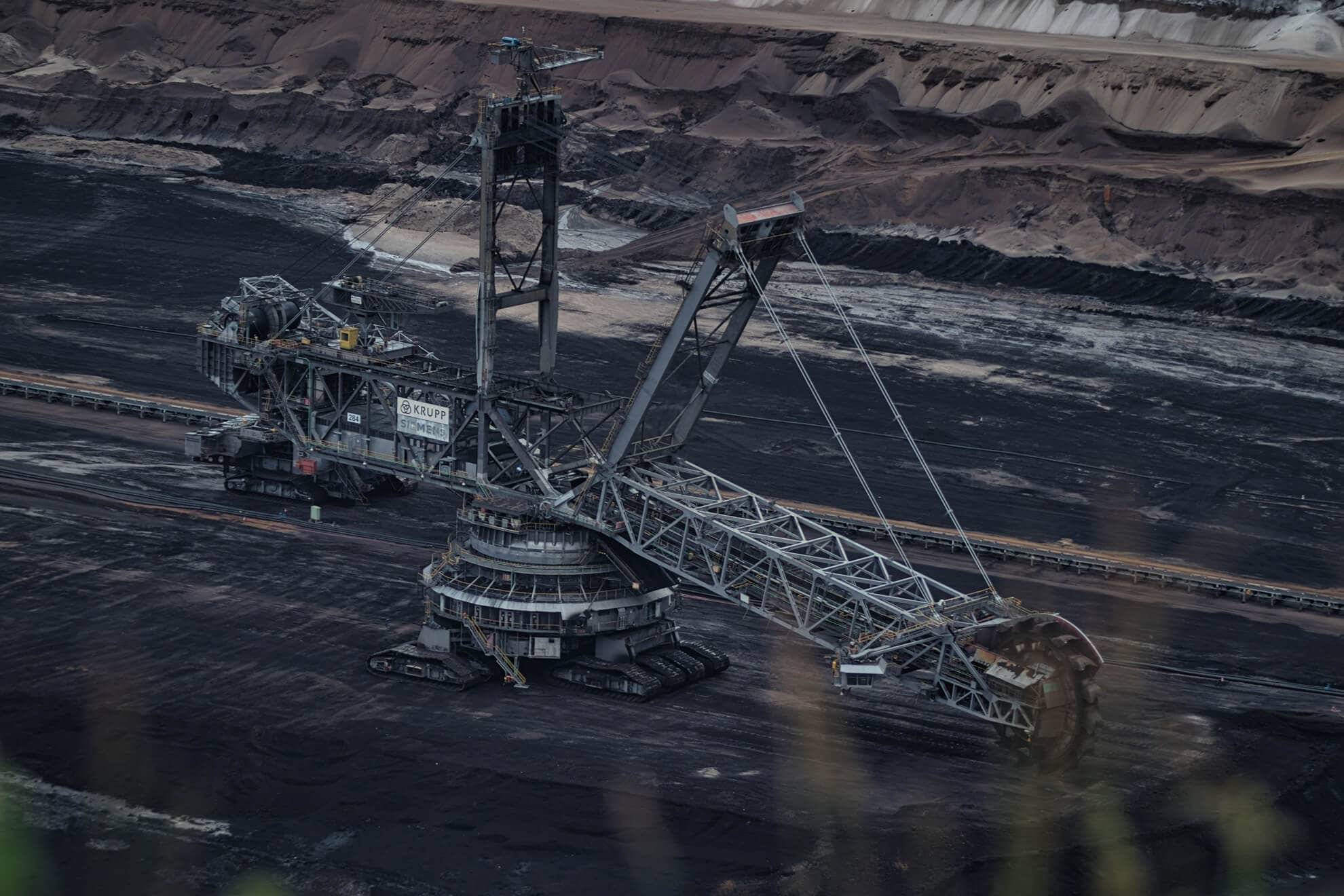While the immediate effects of U.S. import tariffs imposed under the Trump administration are limited, Indonesia’s mining sector is being advised to prepare for potential medium-term consequences. Industry experts warn that global trade tensions—especially those involving major economies like the U.S. and China—could eventually ripple into key export markets for Indonesia’s mineral commodities.
According to Hendra Sinadia, Executive Director of the Indonesian Mining Association (IMA), the United States is not currently a major destination for Indonesian mineral exports. “Most of our exports go to China and other Asia-Pacific countries. For nickel, there is some volume going to Europe, but exports to the U.S. remain relatively small,” Hendra explained on Monday (07/04).
Given these export dynamics, the immediate impact of U.S. tariffs on Indonesia’s mining sector is minimal. However, Hendra cautioned that the medium-term risks are more complex. “If the trade war begins to disrupt domestic industries in China—our primary export market—it could influence their import policies, including for mineral and coal commodities,” he said.
Despite the uncertainty, current demand for mineral and coal exports remains strong. Indonesia continues to rely heavily on China as a trading partner, particularly in the mining sector. According to the Central Statistics Agency (BPS), from January to September 2024, Indonesia exported 1.204 million tons of nickel to China. Before the 2023 ban on copper concentrate exports, China was also the top destination for Indonesia’s copper ore, receiving 684,350 tons, or nearly 23% of total exports. In the coal sector, 241.7 million tons were exported to China throughout 2024, based on data from Coal Metal Asia.
With such strong dependence on a single market, the need to safeguard the industry’s long-term resilience is clear. Hendra stressed that the Indonesian government must act swiftly to improve competitiveness by streamlining regulations. “Now is the time for deregulation—revising sector-specific rules, especially in mining, to ease operational burdens and stimulate growth,” he said.
Lowering regulatory costs, Hendra added, will enable miners to maintain expansion, attract new investment, and support further exploration—particularly in critical mineral resources. “Improving the regulatory framework will also increase investor interest in discovering new critical minerals in Indonesia.”
Conclusion: Strengthening Resilience Through Partnership
As Indonesia’s mining sector navigates global trade uncertainties, the focus must shift toward adaptability, regulatory reform, and strategic partnerships. CV Indoalam Mineral Persada stands out as a reliable and forward-thinking partner in this evolving landscape. With a deep understanding of global market dynamics and a commitment to high-quality, sustainable mineral supply, CV Indoalam Mineral Persada is well-positioned to support both domestic and international stakeholders in building a resilient future for Indonesia’s mining industry.



